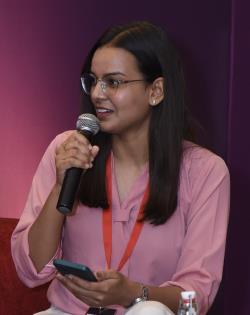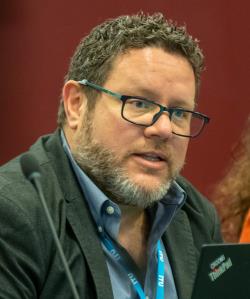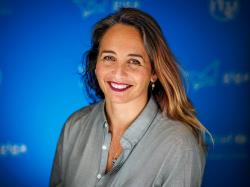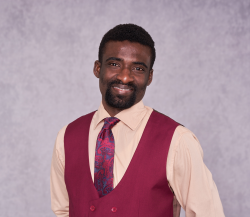Community-centered connectivity: Empowering local champions to expand Internet access for all
Internet Society
Contributing Partner
Session 405
Monday, 7 July 2025
16:30–17:30 (UTC+02:00)
Physical (on-site) and Virtual (remote) participation
Room K, Palexpo
Partner's Insight
1 Document
The WSIS vision that “everyone can create, access, utilize and share information and knowledge” remains an unmet goal. Steady but uneven progress in global Internet connectivity highlights the digital divide's disparities and disproportionately leaves women, migrants, and Indigenous people behind, thanks to major gaps in Internet availability and affordability between, as well as within, countries.
This session will use data-driven stories to delve into capacity-building efforts that target these marginalized groups and explain how community-centered connectivity is a vital way to connect the unconnected in every region.
Panellists

Ms. Udisha Srivastav
Youth Ambassador
Internet Society
Moderator

Mr. Carlos Francisco Baca Feldman
Learning and Mentorship Lead, LocNet Initiative
Rhizomatica Communications, Mexico

Ms. Soledad Luca de Tena
Connectivity Solutions Specialist
UNICEF-ITU Giga, Switzerland

Mr. Abner Manzar
Research and Communications
Digital Empowerment Foundation, India

Mr. Abraham Selby
Communications and programs chair
Internet Society Ghana Chapter, Ghana
Remote Panellist